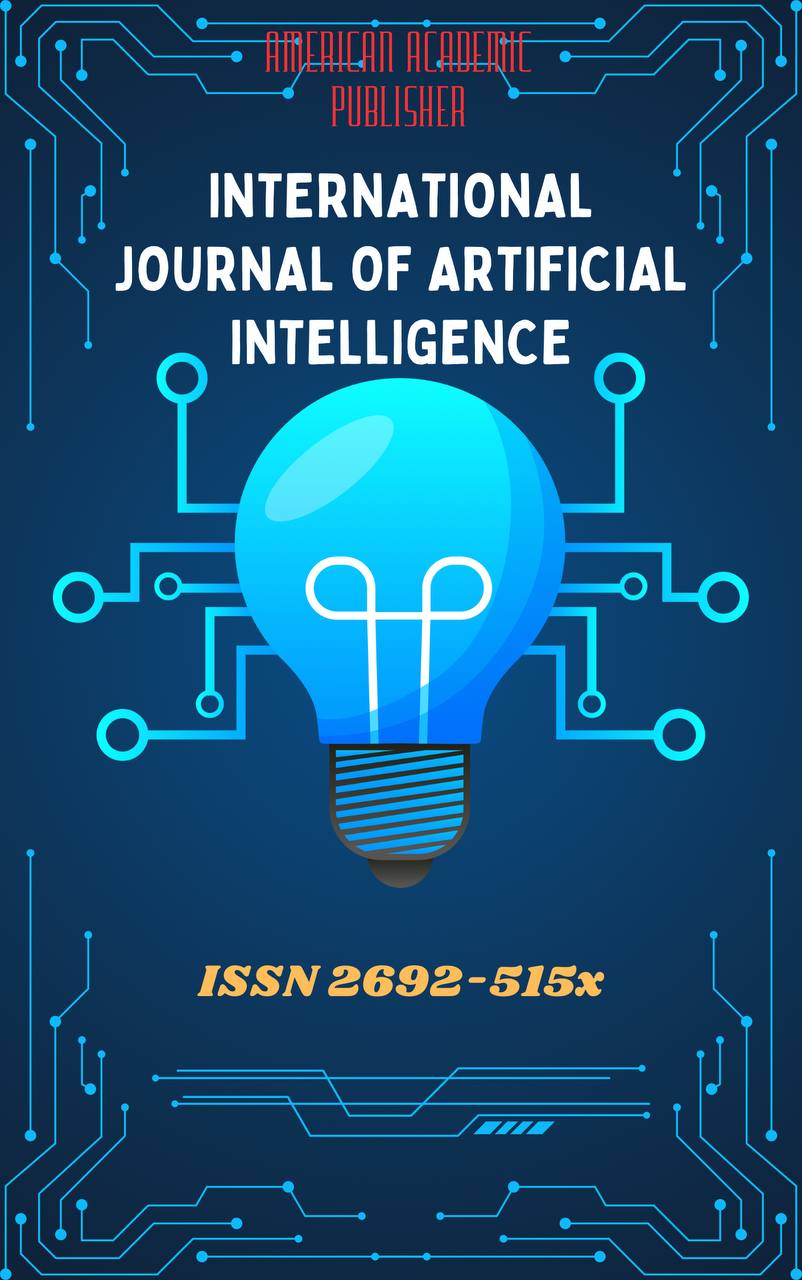 Articles
| Open Access |
Articles
| Open Access | LANGUAGE AND IDENTITY: HOW WE SPEAK DEFINES WHO WE ARE
Shomurodova Aziza , Master of Webster UniversityAbstract
Language is not merely a tool of communication it is a powerful instrument through which individuals express, construct, and negotiate their identities. The nuances of our speech accent, dialect, vocabulary, and language choice reflect not only our geographical and cultural origins but also our social class, education, and even our emotional states. This article explores the intricate relationship between language and identity, focusing on how language functions as both a marker and a constructor of identity. Through sociolinguistic perspectives, it examines how individuals use language to position themselves in society, the role of multilingualism in identity negotiation, and the impact of linguistic prejudice. Ultimately, it argues that language is a site of both empowerment and exclusion, and understanding its role in identity formation is crucial for fostering inclusive and linguistically respectful societies.
Keywords
Language, Identity, Sociolinguistics, Dialect, Accent, Multilingualism, Cultural Belonging, Code-Switching, Linguistic Discrimination
References
Bourdieu, P. (2019). Language and Symbolic Power. Harvard University Press.
Edwards, J. (2009). Language and Identity: An Introduction. Cambridge University Press.
Gee, J. P. (2011). An Introduction to Discourse Analysis: Theory and Method. Routledge.
Holmes, J. (2013). An Introduction to Sociolinguistics (4th ed.). Routledge.
Lippi-Green, R. (2012). English with an Accent: Language, Ideology, and Discrimination in the United States. Routledge.
Norton, B. (2013). Identity and Language Learning: Extending the Conversation. Multilingual Matters.
Skutnabb-Kangas, T. (2020). Linguistic Genocide in Education--or Worldwide Diversity and Human Rights? Lawrence Erlbaum Associates.
Pavlenko, A., & Blackledge, A. (2004). Negotiation of Identities in Multilingual Contexts. Multilingual Matters.
Article Statistics
Downloads
Copyright License

This work is licensed under a Creative Commons Attribution 4.0 International License.

